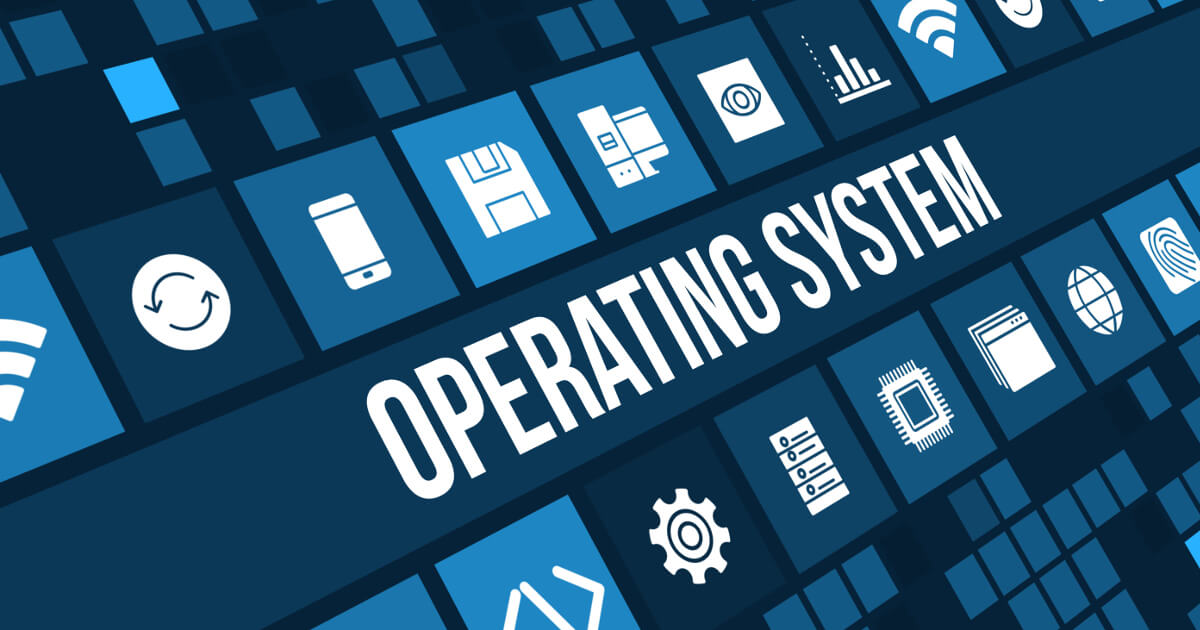Netbooks are small, lightweight notebook computers designed particularly for the Internet. Some computer fans claim that early transportable small display screen computer systems were early netbook variations. But the netbook failed to start to seize on till ASUS launched the Eee PC within the fall of 2007.
Early netbooks were Linux-based totally. It changed into an appropriate choice because Linux is a lightweight running system and can run on more minor, much less effective techniques. Using this unfastened, open-source running machine, these netbooks were reliable, booted fast, didn’t crash, and feature heaps of loose software to be had.
You will locate many unique Linux primarily based running structures on netbooks nowadays. But, there are problems with the Linux based systems. Most users are used to windows running facilities. Plus, they would love the capacity to run their Windows programs without problems hook up their cameras and different peripherals.
Vista is too resource extensive for lightweight computing, so that present-day Windows netbooks will run on a mild weight model of Windows XP. Which does lead them to clean to use on account that maximum laptop customers of the final decade have are available touch with XP at one time or any other?

The demand for lightweight, portable computing seems to be growing, and netbook manufacturers do not need to disappoint. The market for a powerful OS that is nevertheless lightweight is full of current opportunities. Rumor has it that Microsoft is making plans for a Windows 7 netbook edition. Which would provide customers with all the familiarity and ease of use of a Windows device. But still, offer a quick, lightweight OS.
Intel has created a brand new quicker chip designed particularly for netbooks. They have additionally been experimenting with a new netbook OS. Intel Moblin is primarily based on Fedora, a Linux distribution. Moblin is designed to paintings with the Atom processor providing better energy intake and speedier boot times.
Jolicloud is a brand new OS within the works explicitly designed for netbooks. It’s an Internet running machine that is supposed to mix open supply and open web. The principal resources are on the Internet. So the computing power required isn’t as a whole lot making this the suitable netbook OS. It offers lightweight cloud computing with an intuitive iPhone-like interface.
Another option in the works is the Google Chrome OS designed for netbooks. The look and sense are just like the Chrome browser and are intended for immediate lightweight computing. This option ought to be available next year. The netbook marketplace is persevering with to grow, and it will make an effort to get all of the bugs out. But with these new OS options on the horizon, netbooks are approximate to become mainstream.






